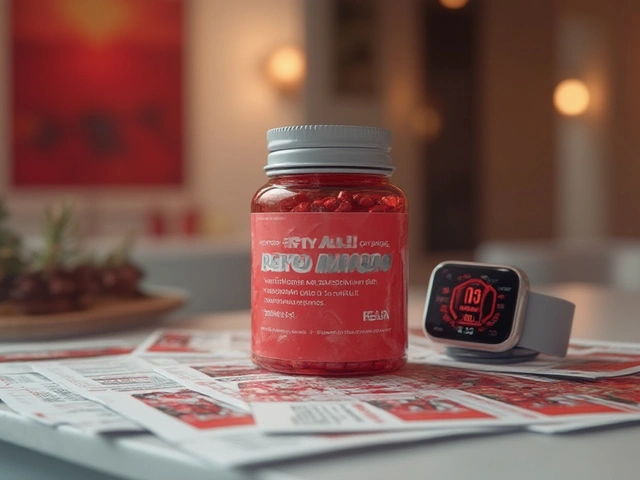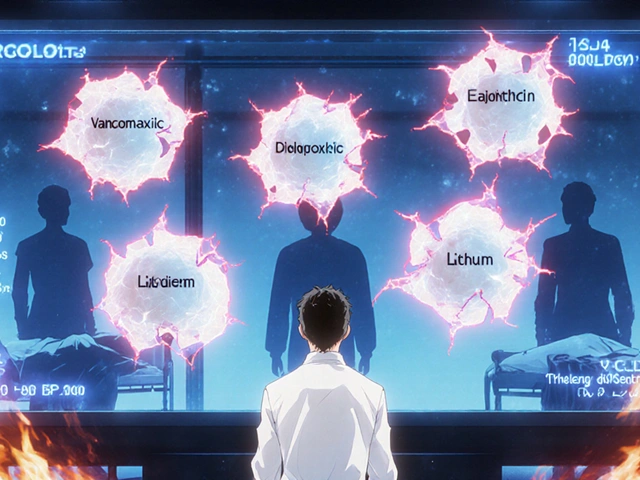Neuropathic Pain Relief: Practical Tips That Actually Work
If you’ve ever felt a burning or tingling that just won’t quit, you know how frustrating neuropathic pain can be. It’s not a regular ache you can rub away – it’s a nerve problem that needs a plan. Below are simple steps you can start today, plus a few ideas to discuss with your doctor.
Try Proven Supplements Before Reaching for More Drugs
Many people turn to gabapentin, but it isn’t always the best first move. Research shows that alpha‑lipoic acid (ALA) and certain B‑vitamins can calm nerve irritation. A typical dose of ALA is 600 mg twice a day; B‑complex supplements covering B1, B6, and B12 are also helpful. Start with the lowest dose and watch how you feel for a week. If you notice fewer pins‑and‑needles, you might have found a gentler alternative.
Lifestyle Hacks That Cut the Burning Sensation
What you eat and how you move matter a lot. Low‑glycemic carbs keep blood sugar steady, which protects nerves from extra stress. Adding omega‑3 rich foods like salmon or flaxseed can reduce inflammation. On the movement side, short, daily walks or gentle stretching keep blood flowing to the affected area. Even a five‑minute foot roll with a frozen water bottle can numb the sharp spikes for a few minutes.
Don’t forget sleep. Poor rest makes pain feel worse. Aim for a cool, dark room and a consistent bedtime. If you need a mild aid, melatonin (0.5–3 mg) taken 30 minutes before bed can improve sleep quality without heavy sedation.
When over‑the‑counter options aren’t enough, talk to your doctor about topical creams. Capsaicin patches, when used correctly, can desensitize nerve endings after a few weeks. Just follow the instructions—apply to clean, dry skin and avoid broken areas.
If you’re already on a prescription like gabapentin or pregabalin, ask about dose adjustments or rotating to a different class if side effects appear. Some patients find relief with low‑dose antidepressants (e.g., amitriptyline) that also target nerve pain.
Lastly, keep a simple pain journal. Jot down what you ate, how active you were, and any meds or supplements you tried. Patterns emerge fast, and the data helps your doctor fine‑tune treatment.
Neuropathic pain doesn’t have to control your day. Start with safe supplements, tweak your diet and activity, and use a journal to track progress. If you’re still stuck, a quick chat with a healthcare professional can open up prescription options that fit your lifestyle. You’ve got the tools—now put them to work.






